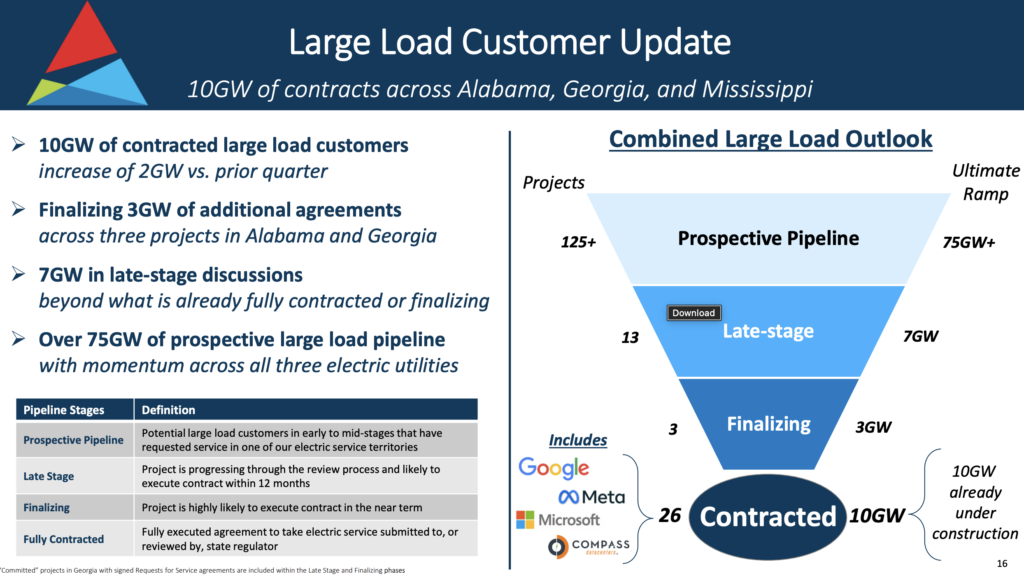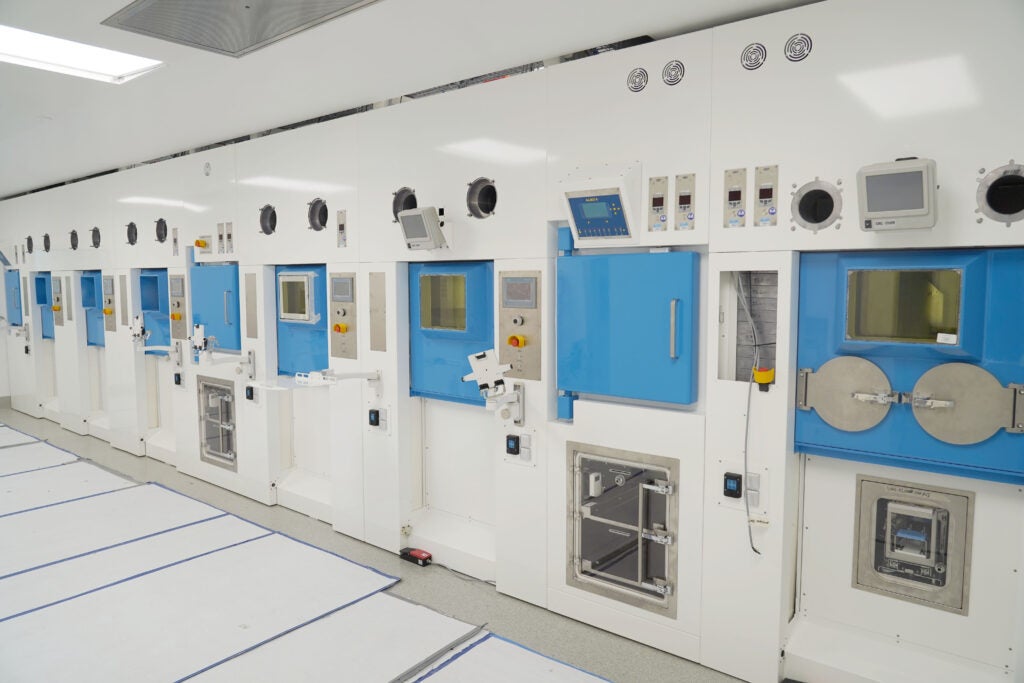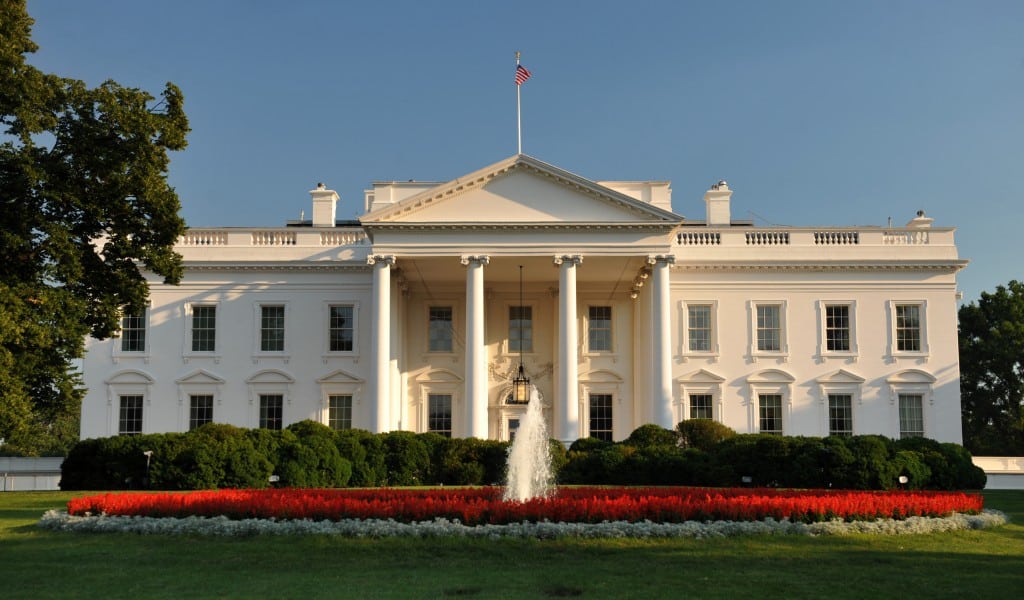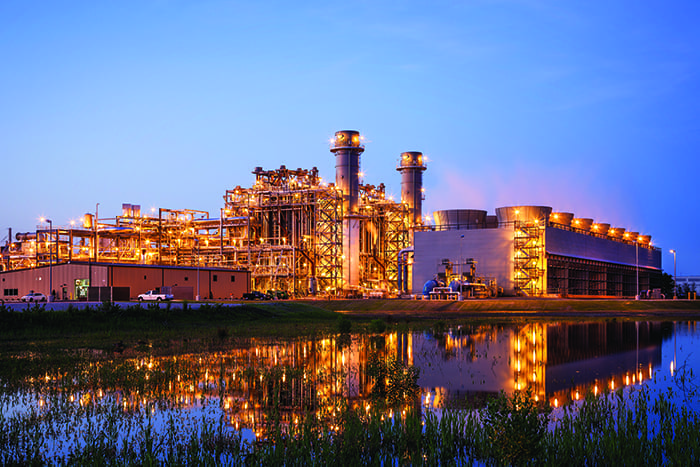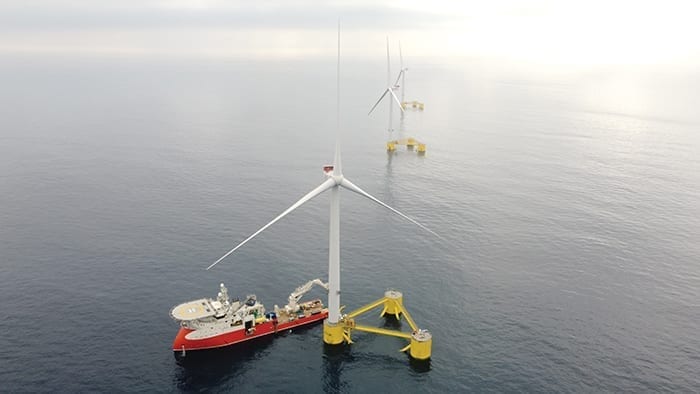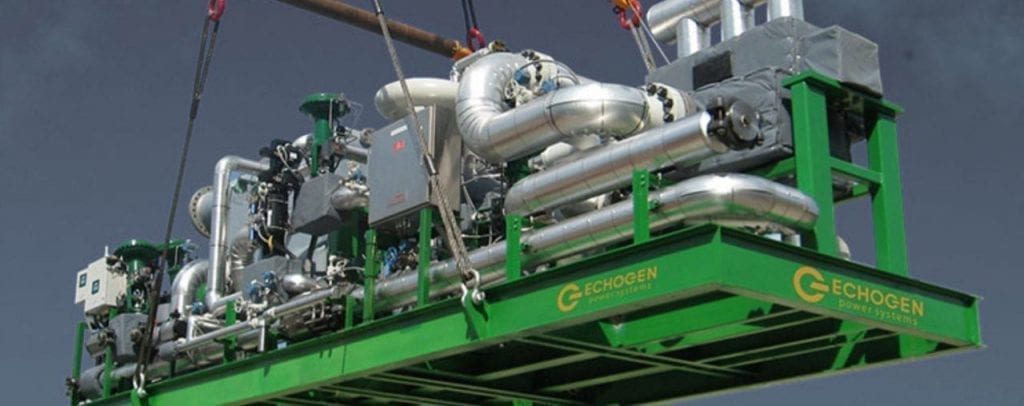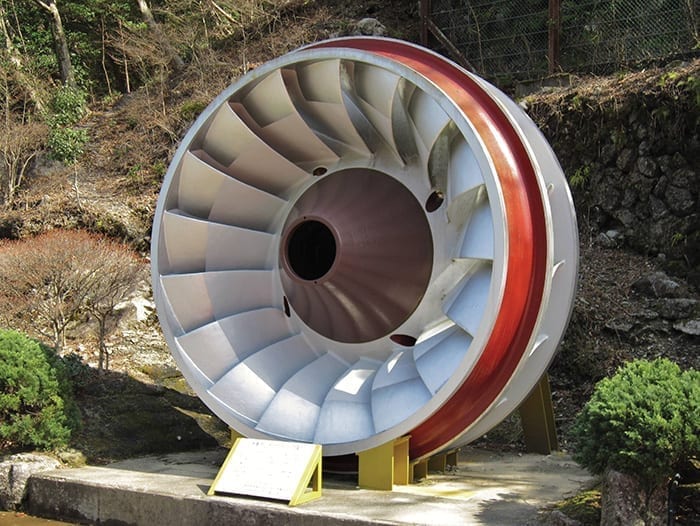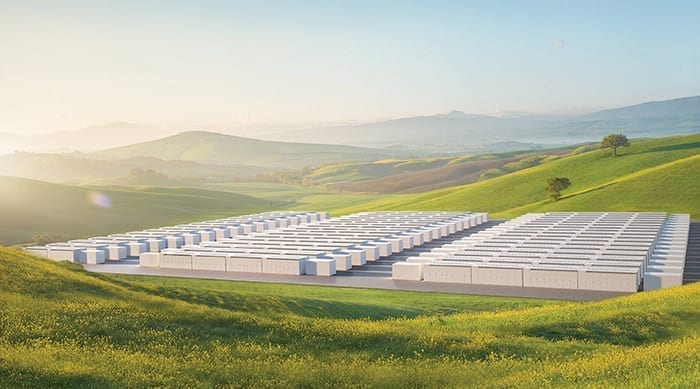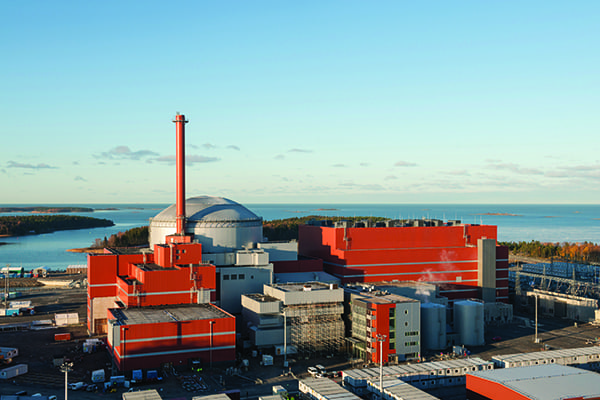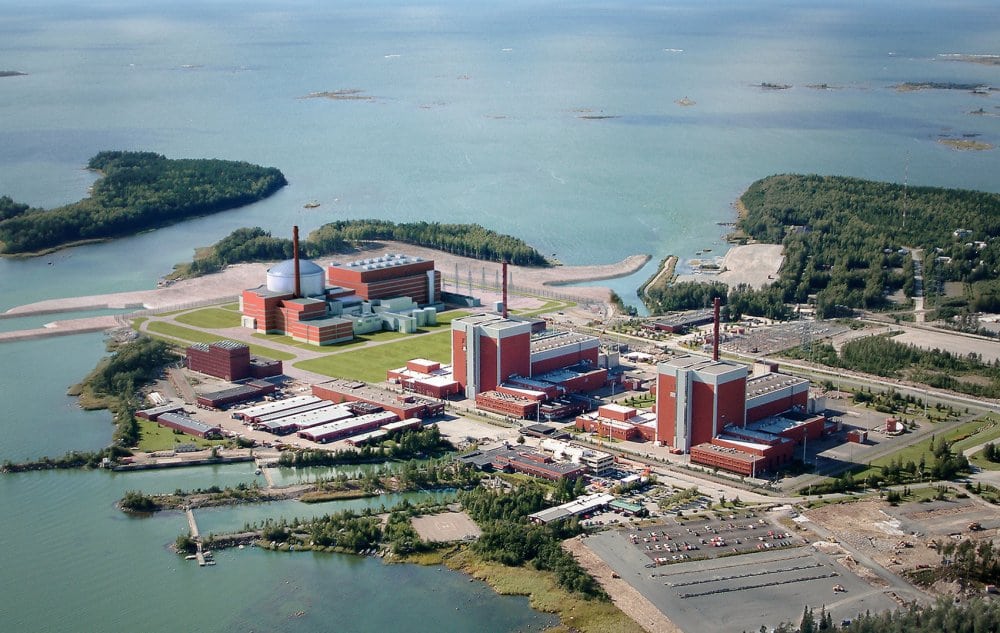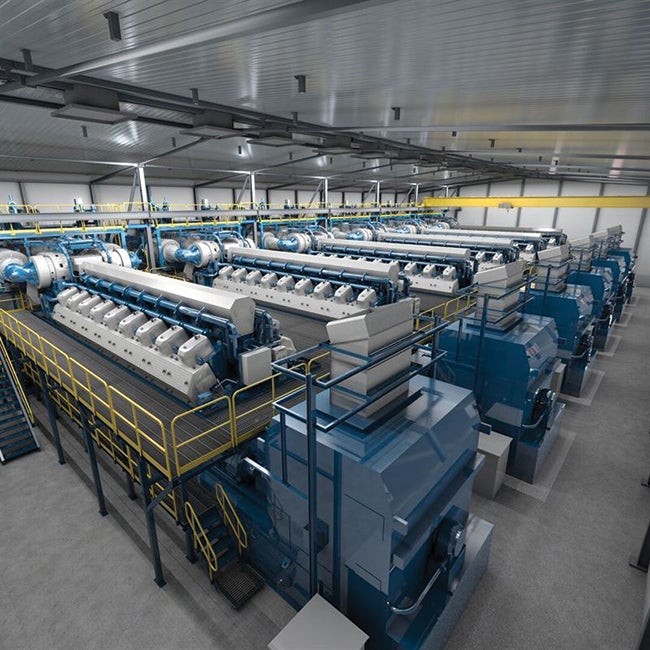Europe’s first EPR nuclear power plant, the Olkiluoto 3 in Finland, is now three years behind schedule and will not come on-line until 2012, Finnish utility Teollisuuden Voima Oyj (TVO) admitted last week.
The delay is the fourth announced for the 1,600-MW plant, which has been plagued with faulty materials and planning problems since construction began in 2005.
The Finnish EPR project’s costs have also soared. Originally budgeted at €3 billion (US$4 billion), the plant is now expected to cost at least €4.5 billion ($6 billion).
Last week, TVO said that though workforce on the site had doubled this year to 4,000 and the manufacture of several main components had been completed, the latest delay had arisen from civil construction works that would take “several months longer than originally expected.”
TVO held the AREVA-Siemens consortium contracted to build the plant “naturally responsible” for the time schedule and for the acceleration measures required for keeping the schedule.
The consortium was also liable for any possible cost increases resulting from the delay, it said.
“TVO has a fixed-price plant supply contract and the company is not in a process of agreeing with the plant supplier upon sharing AREVA’s losses, contrary to the information presented in media,” said the project’s director, Jouni Silvennoinen. “TVO is continuing to provide support to the plant supplier so that it will complete the project as soon as possible without compromising safety and quality requirements.”
In a company statement, AREVA argued that, confronted with construction delays, the consortium had convinced TVO that a number of measures were required to accelerate and improve the program, and that TVO was chiefly responsible for implementing those measures.
AREVA also directly blamed TVO for the delay: “The AREVA-Siemens consortium signed a turnkey contract with TVO under which the customer committed to validating documents sent by the consortium to the Finnish safety authority within two months, but in fact TVO is taking an average of nine months to do so.”
The consortium had started arbitration proceedings for a number of other contractual aspects, AREVA said.
Though they disputed the cause of the delay, both parties agreed that the project had made progress. To date, for example, the reactor vessel and the first steam generator have been completed, and forging for the reactor coolant pipes has been validated.
AREVA also stressed that the Finnish safety authority, STUK, had “publicized the good results of its inspections and expressed its satisfaction with the consortium’s services concerning nuclear and occupational safety.”
Sources: TVO, AREVA


